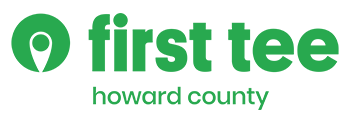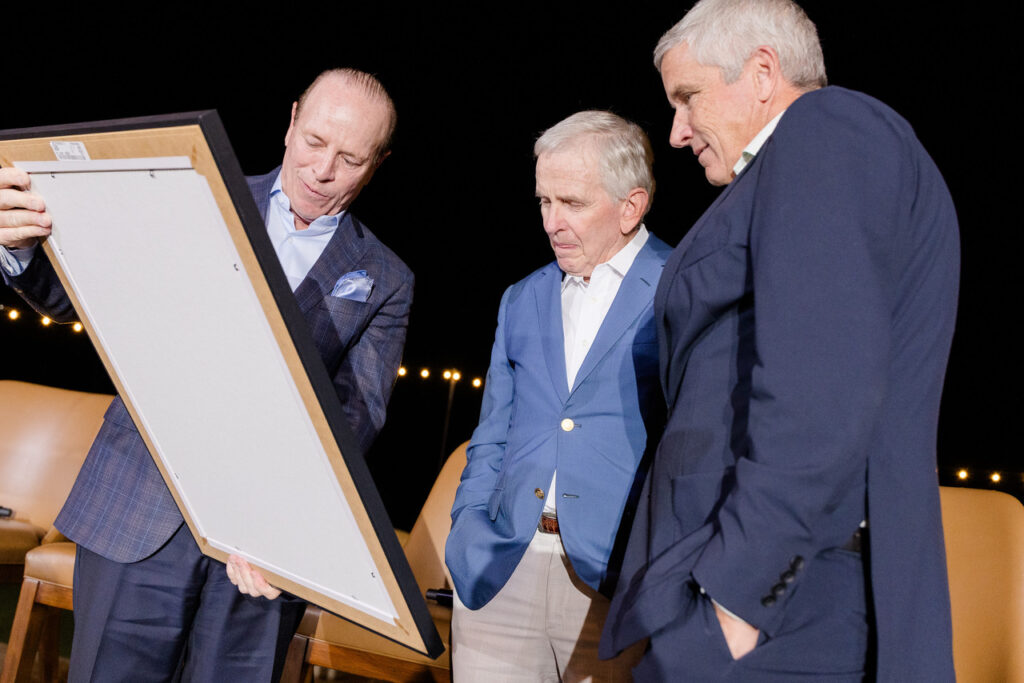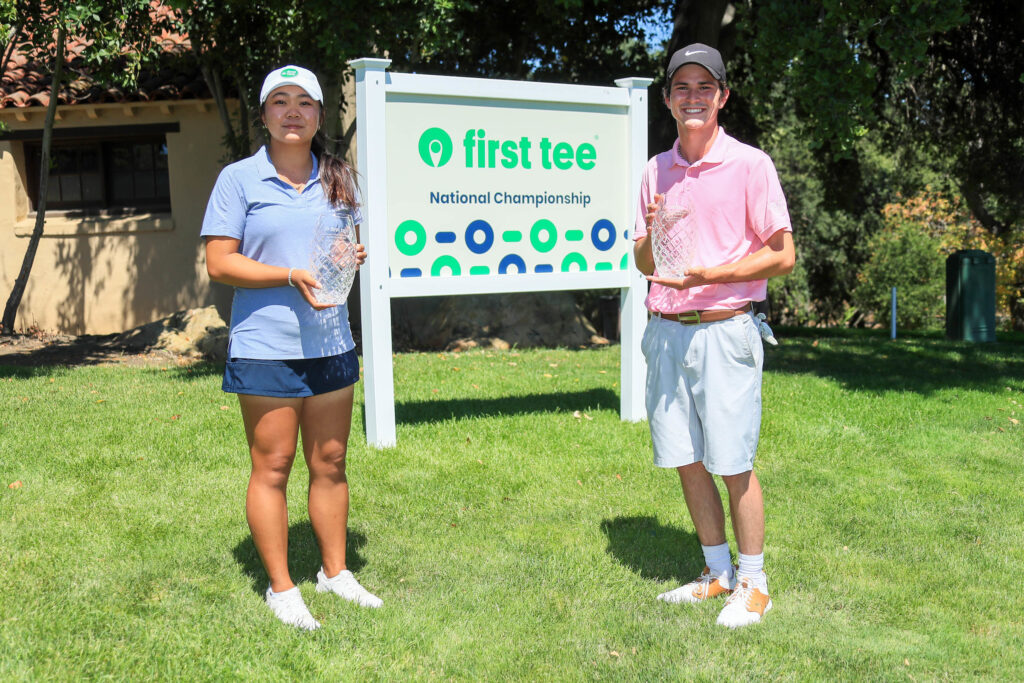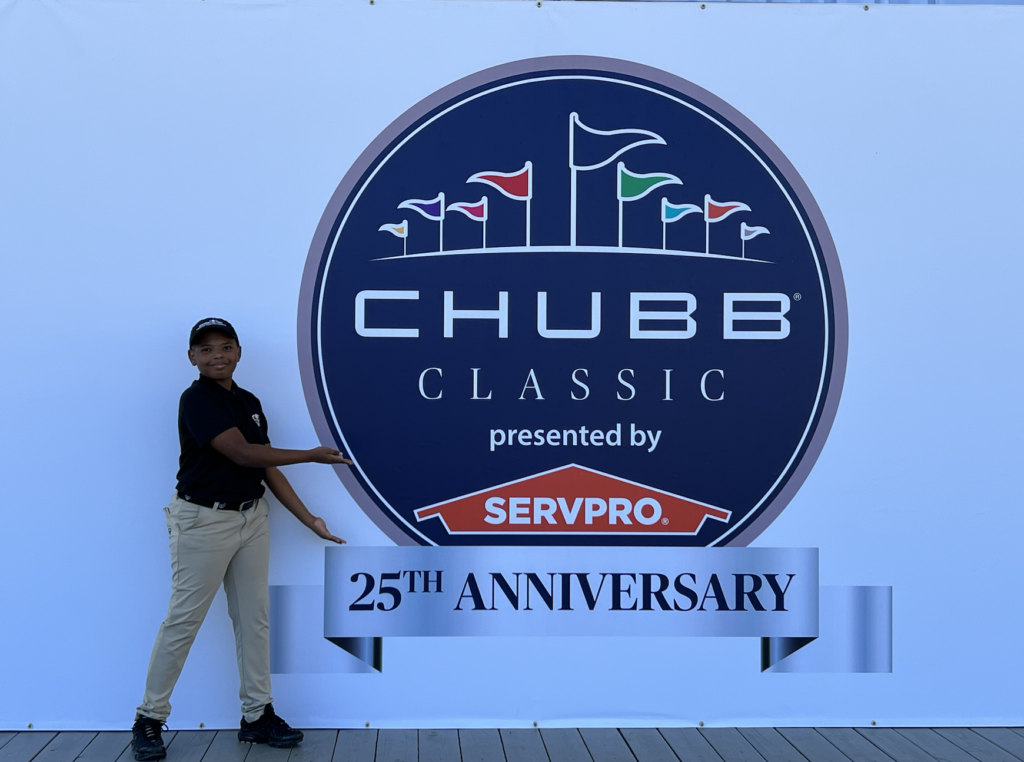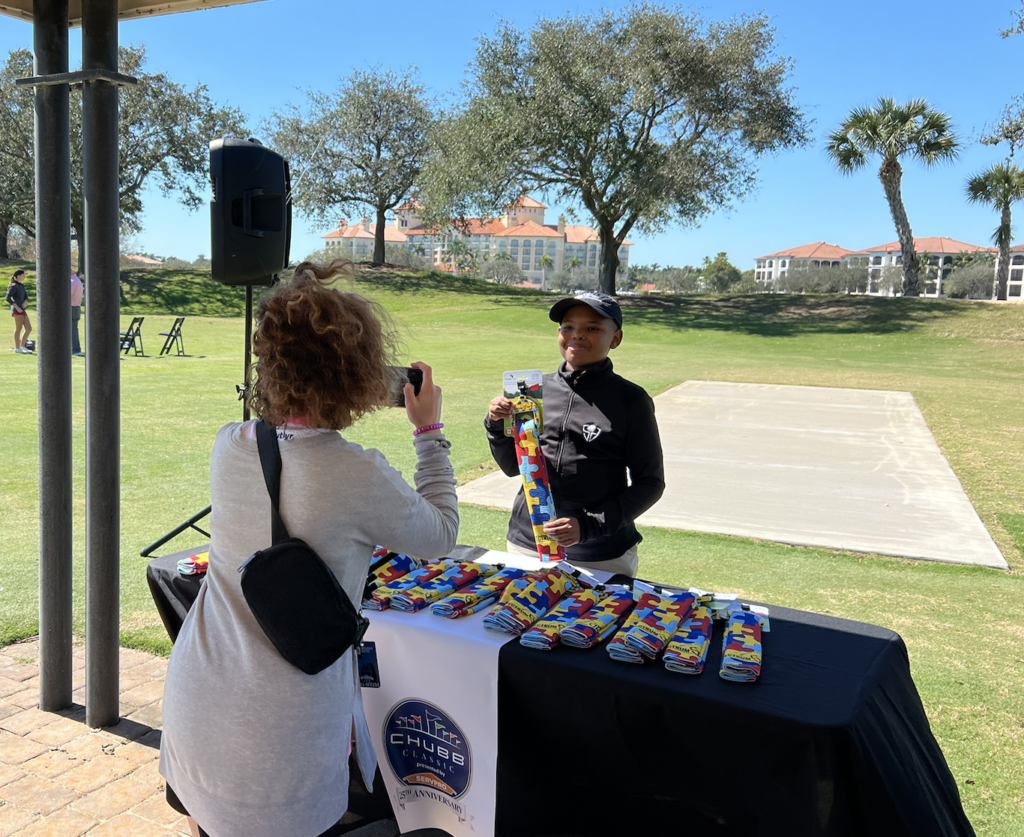Pursuing a career in golf doesn’t always mean playing professionally. The golf industry is rich with opportunity, and many First Tee alumni have gone on to find roles in golf. We asked First Tee alumni and partners about the traits that have contributed most to their success:

Brittany Gill
First Tee – Greater Richmond alumna
Corporate Partnerships Representative, PGA TOUR – Dominion Energy Charity Classic
One quality that has contributed to my success in the industry is my ability to network within the community through the game of golf. Golf has been a platform for me to meet others, connect with prospective clients by playing a round of golf, and building relationships with many others. Being confident in my own golf game and walking into a crowd of strangers on a golf course has contributed to much of my success in my role this year. Another quality that I believe has contributed to my success is my ability to empathize with others. Being able to understand different viewpoints and empathize has led to many resolutions, agreements, and working together towards a common goal with the various constituents in the golf industry.

Callie O’Neill
First Tee – Northern Michigan
Assistant Golf Professional, Pebble Beach Golf Links
I have no doubt that through my experience at the First Tee – Northern Michigan, I gained the confidence to make the move across the country to start a job in the PGA of America at Pebble Beach Golf Links. One of my strongest traits of perseverance has played a large role in my success at Pebble Beach and I look forward to a long career here.
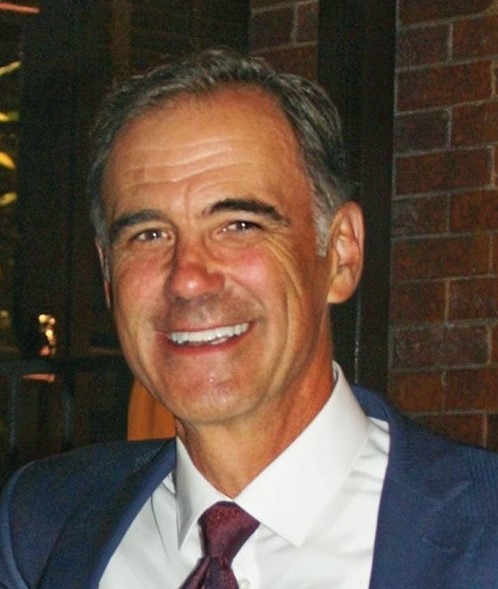
Dave Pangraze
VP, Business Development
Next Round Golf
Finding a career in golf is no different from other careers; it helps to have a passion for what you do! I made the leap into the golf business from traditional sales and marketing, applying the skills I had in one industry to that in golf. If you are having trouble figuring out how to break into the golf business, apply yourself in school and early jobs to make yourself more marketable for a career in the great game of golf!
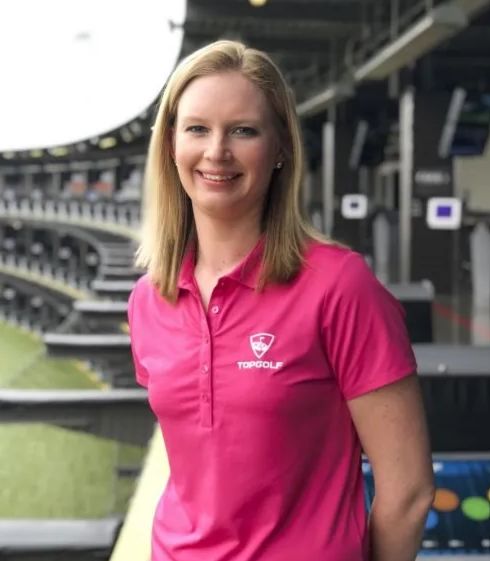
Janine Fellows, PGA
Director of Golf
Topgolf
My curiosity has fueled a constant pursuit of learning, sharpening my problem-solving abilities, and inspiring innovative approaches that expand my impact on both my team and the game of golf. This mindset has also opened me to new perspectives and solutions, enabling more creative and effective strategies.

Sara Scarlett
First Tee – Greater Sacramento alumna
Brand Manager, Dick’s Sporting Goods (Walter Hagen & Maxfli)
I’ve always been an excellent communicator and that has allowed me to thrive in my roles to-date, but my underlying passion for golf is what sets me apart in my current role. The passion propels me to think creatively and work hard, while also having so much fun throughout the process.

Gavin Parker
First Tee – Greater Richmond alumnus
PGA Professional and golf influencer
For First Tee, the number one quality that comes to mind is respect. I have respected what it takes to be successful. All that is, is not missing a day. Staying consistent day by day to get better than who I was yesterday. The ultimate form of self-respect is to stay disciplined.

Grace Zimmerman
First Tee – Greater Detroit alumna
Coordinator of Programs, First Tee HQ
I believe the quality that has contributed the most to my success in the golf industry is having courage. As a young adult, it can be very intimidating to be in any working environment, but in my opinion believing in yourself is the best way to be successful. People grow by being uncomfortable and that happens when you put yourself out there and have courage. Being a college golfer, LPGA member and working for First Tee has given so many positive experiences, but I have always had to have courage to try out new possibilities.
With the support of its partners in the golf industry and beyond, First Tee helps participants build the confidence and inner strength they need to pursue their goals, wherever they take them.
The First Tee Alumni Network is a great way for past participants to stay engaged with First Tee and learn about career opportunities and professional and personal development opportunities. Learn more.
